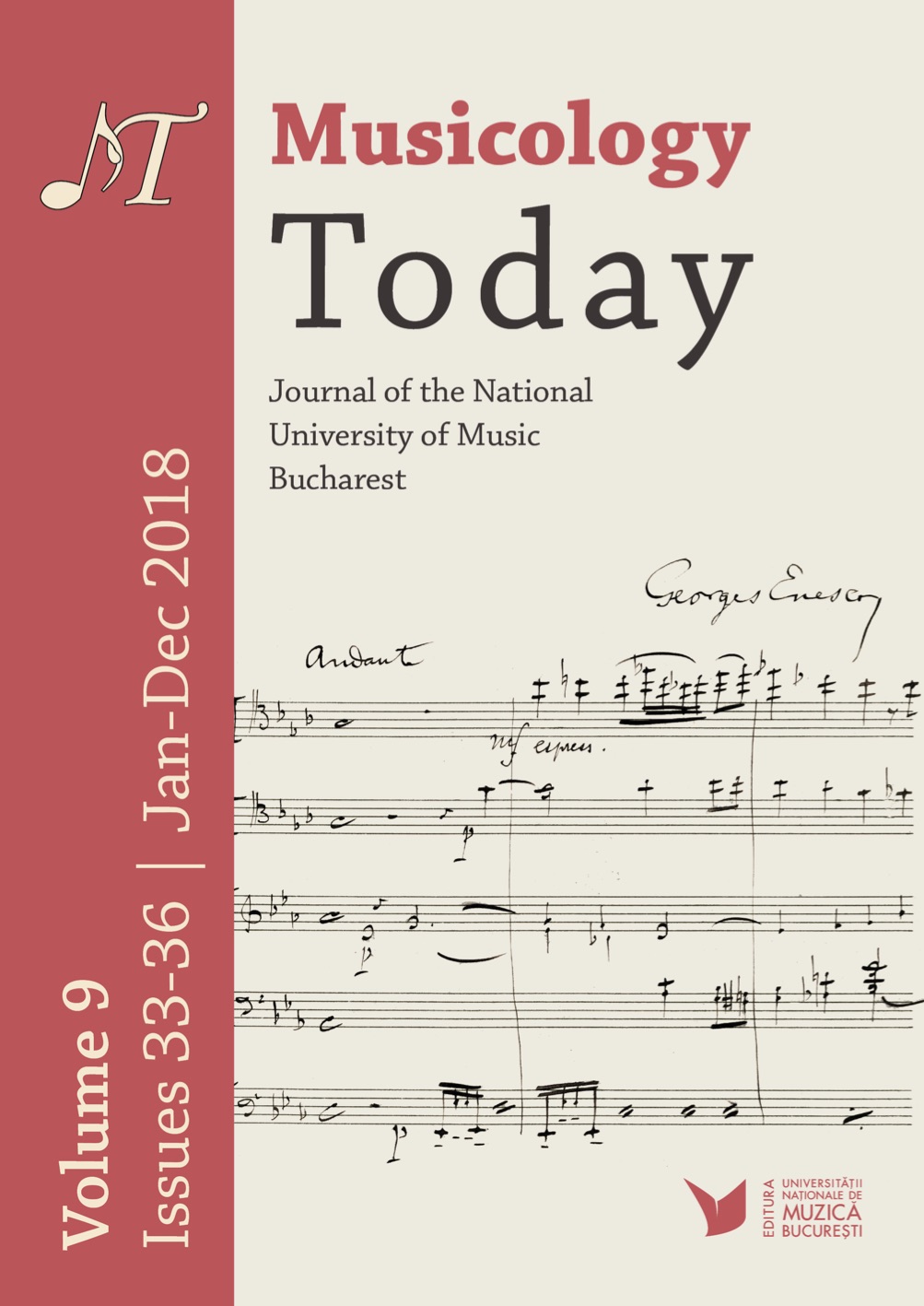Music, Poetry and Political Persecution: Wolf von Aichelburg
Music, Poetry and Political Persecution: Wolf von Aichelburg
Author(s): Florinela PopaContributor(s): Dragoş Manea (Translator)
Subject(s): Music
Published by: Editura Universității Naționale de Muzică din București
Keywords: totalitarian regimes; German minority; Romanian secret police (Securitate); Sibiu Literary Circle;
Summary/Abstract: Poet, essayist, translator, and composer Wolf von Aichelburg (1912-1994), of German descent, faced serious difficulties in Romania’s post-1945 totalitarian world. Because he had worked as a translator in the Ministry of Propaganda during the World War II, when Romania was an ally of Nazi Germany, Aichelburg became a target after the establishment of the communist regime in Romania. His attempt at fleeing the country in 1948 resulted in a conviction of imprisonment (1949-1951) and house arrest (1952-1956). He was again sentenced to prison time (1959-1962) in the so-called “trial of the German writers” for his literary work, which was considered “reactionary”. Following his imprisonment, he served two more years of house arrest. He was afterwards harassed by the Securitate, for his alleged homosexuality. After countless endeavors, he managed to attain the passport needed for his emigration in 1980, with foreign aid. This paper proposes to place Aichelburg’s musical endeavors – both as a composer and as a musicologist – within the context of his biography. Although he is almost unknown today in Romania, his work – which was awarded the Stamitz Prize in 1976 – constituted Aichelburg’s main method of escape, of attaining a kind of freedom which was otherwise impossible to imagine through words.
Journal: Musicology Today: Journal of the National University of Music Bucharest
- Issue Year: 9/2018
- Issue No: 33
- Page Range: 25-39
- Page Count: 16
- Language: English

